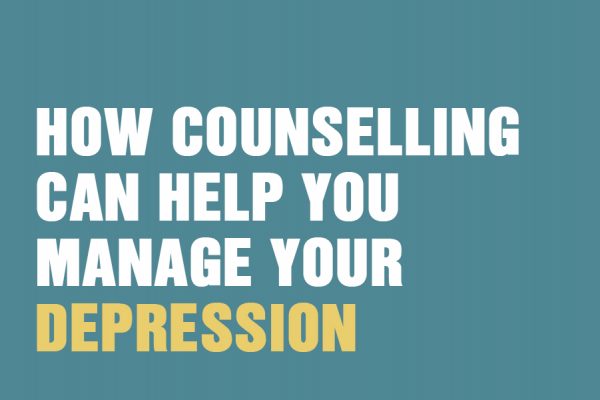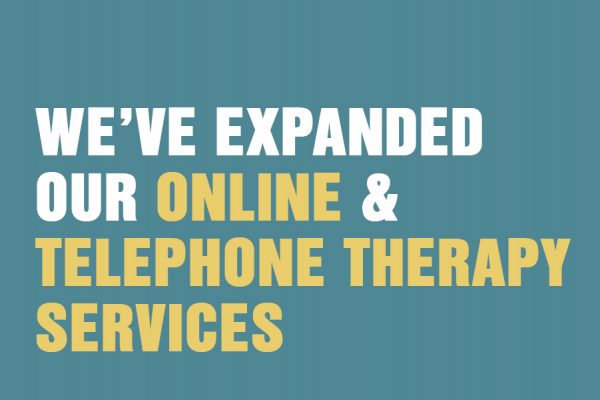It is hard to argue the case for being aggressive; lashing out is clearly not a good thing. But, the one good thing you can say about aggression is that it you know where you are with it. If you kick the cat or insult someone these acts are, not necessarily desirable, but they are straightforward, clear for all to see and easy to understand.
So what is passive-aggression? The very nature of passive-aggression is that it is designed not to be clear, which makes it much harder to recognise when it happens and almost impossible to understand. If, for example, you tell a colleague they are useless, not up to the task, and therefore you are not inviting them to a meeting that is clearly aggressive behaviour possibly coming from a competitive place. However, if you ‘accidentally’ leave their name off an email about an important meeting, this is an act of passive-aggression. Or if you are meticulous about punctuality until it is your partner’s turn to pick the restaurant, and then you suddenly are unable to leave the house on time this is also passive-aggressive. You are taking action designed to have an effect on someone, but you are doing it in an occluded, non-obvious way.
The really tricky thing about passive-aggression is that it is not only hard for those around you to work out what is going, it might also be hidden to you in your own unconscious. If passive-aggression had an advertising slogan it would be “plausible deniability”, so, yeah, detecting it can be tough.
So why do we do this? Why do we behave in this indirect, but deliberate way? The answer, perhaps unsurprisingly, is that it comes from an inability or refusal to recognise your own feelings, or a fear of being clear about your desire, needs or concerns. Perhaps from shame or a feeling that you don’t deserve to have these feelings.
Here are the six most common traits that show you have a passive-aggressive character:
Lateness. This is the passive-aggressor’s favourite, almost defining, tool. For them time is elastic, and “I’m coming!” or “I’ll be ready in a minute” can mean anything from a minute or two to an hour or more. We all struggle with the concept of time, but if you are passive aggressive you actually avoid looking at your watch or phone and let the lateness roll on. This is an expression of “I know I should do things/ meet my friends/ attend an appointment on time but … oops! I had no idea how late it was!” Despite the fact that the passive aggressive use this technique to express their ambivalence about doing the things they feel they should but don’t really want to this is mostly unconscious behaviour— and infuriatingly effective.
The anti-compliment. It is very clear when you give a compliment, you might just say, “That new haircut really suits you, you look lovely”. The anti-compliment goes something like this, “Nice haircut, my little sister had one like that when she was at school”. This is an expression of your competitive nature and possibly under confidence, you actually do like your friend’s haircut but your feeling of competing with them in the attractiveness stakes means you slip in the qualifying zinger which undoes the compliment.
Saying nothing. A straightforward response to something peeing you off is to just say, “I didn’t like that”. If you are passive-aggressive, though, the last thing you will say to a friend who has upset you is, “that upset me”, and you will instead say, “It’s fine!”, “whatever!” and maintain a wounded silence. Silence is a surprisingly eloquent way of saying a lot. So on the surface you have avoided conflict with your friend, however, there is one coming down the path as they attempt to work out what is going on and coax you into saying what is upsetting you.
Not quite finishing stuff. Those with passive-aggressive behaviour patterns are champions of the almost done job: the room that’s tidied except for the shoes all over the floor; the shopping that’s done with the milk forgotten, the clothes that are cleaned and washed but not folded. This is a dastardly clever move, the thing is done enough to make you look willing but what you have left out makes the other feel they are being overly fussy if they complain.
Sabotage. This is taking the above one step further and accidentally doing something, such as accidentally not putting enough postage on someone’s invitation so they never receive it, letting your hand slip with the chili powder when making a dish for a person who doesn’t like spicy food, or overspending on a budget which ensures something doesn’t happen or goes wrong. So the intended recipient, and perhaps even you, are not clear about what just happened there.
Wishing out loud. This is the way in which instead of saying, “I would like x to happen, how can I make this happen?” you drop wish-bombs everywhere saying “If only I had x…” and following it up with, “but I probably never will!” The beauty of this is that you are expressing your desire, but you are then disowning it and making it somebody else’s responsibility to make it happen.
The clouded insult. Phrases such as, “Not to be judgemental, but…”, or “No offence, but…” or “I don’t want to sound insensitive, but…” are almost always followed by something judgemental, offensive or insensitive (perhaps all three). You fear your own aggression and so present your comments as something not meant to be aggressive. However, being aware of and clear about your feelings is obviously much better for you and those around you.
Denial. Denying feelings, particularly those of anger, is another passive-aggressive classic. Rather than being upfront and honest when asked about your feelings, you will automatically deny and declare, “I’m not angry” even when you are seething on the inside.
So how do you tackle your passive-aggression? Actively, directly and straightforwardly, that’s how. This obviously is very much harder than it sounds. This behaviour has been with you for a long time, and so it can take some time to undo. You will need to put some effort into reflecting on this honestly and working out what is going on here and why being direct is so difficult for you. And you might need some support from friends and loved ones, or even some therapy, while you are sorting this out.
If you feel you would like some support or need a safe space in which to open up about your avoidant feelings and fear of your own aggressive traits, then therapy could be a very helpful next step for you. Just call 020 8673 4545 or email [email protected] for a confidential appointment.







